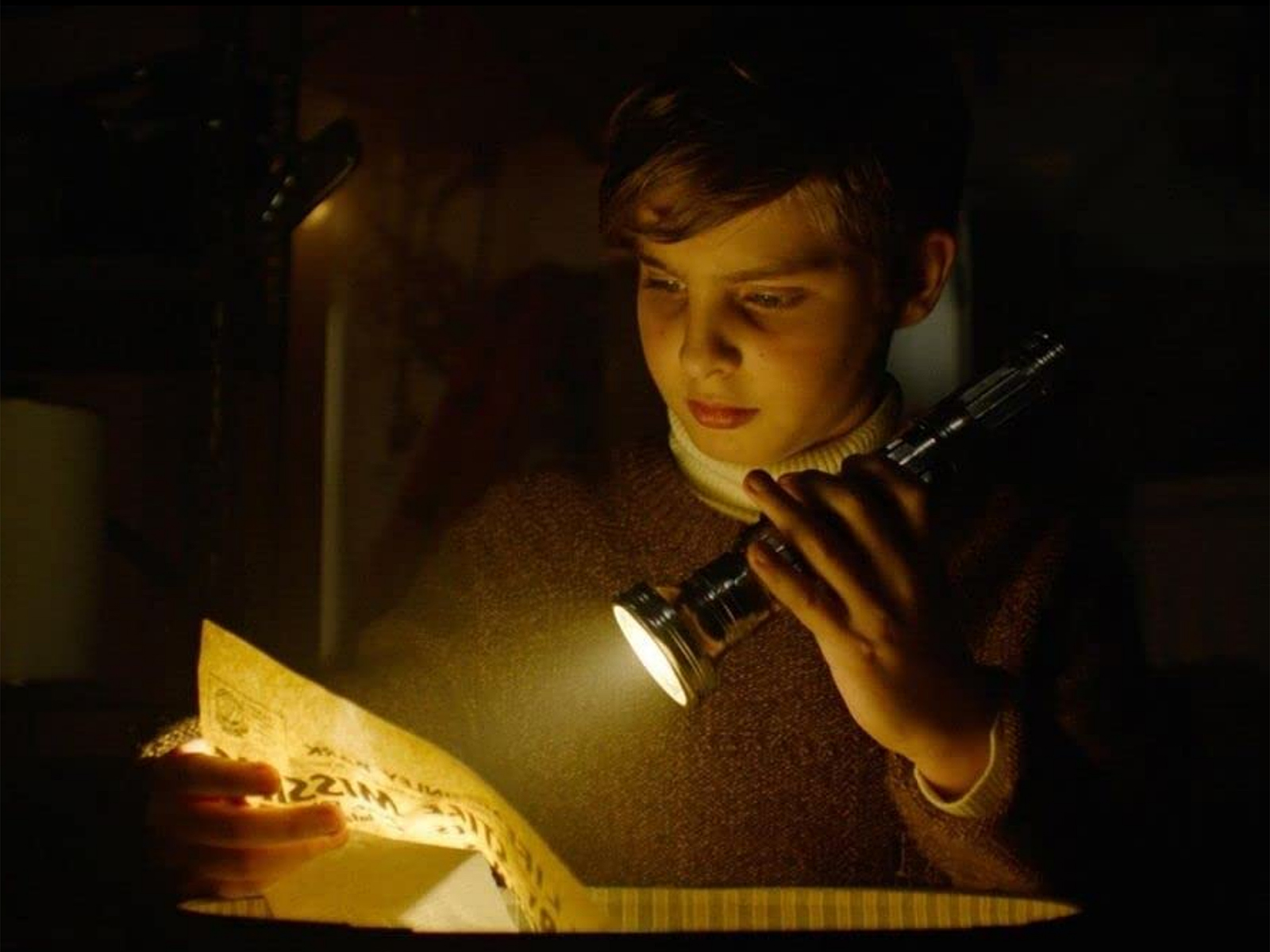
- Film
Docs: The Lost Sons (2021)
Drama rooted in tabloid-worthy family secrets meets colorful labyrinthine plotting of the type which might be at home in a Carl Hiaasen or Elmore Leonard novel in the documentary The Lost Sons, which recently enjoyed its world premiere at the SXSW Film Festival. A stranger-than-fiction slice of investigative self-discovery, director Ursula Macfarlane’s movie serves in many ways as a complementary bookend to the earlier Three Identical Strangers – no great surprise, given that it is produced by RAW Productions and slated for release via CNN Films, the same company and distributor, respectively, behind that Emmy-nominated 2018 movie.
The story begins in 1964 when a baby is kidnapped from his mother’s Chicago hospital room by a woman dressed as a nurse. The search to find him seemingly ends 15 months later when an abandoned toddler is discovered in a stroller on the streets of Newark, New Jersey. The FBI intervenes, and the child is reunited with the aforementioned family in Chicago, where he grows up in the suburbs by the name of Paul Joseph Fronczak, shielded from learning of the trauma of this event until he’s 10 years old. As he discovers even later in life, though, the couple who raised him are not, in fact, his biological parents. The Lost Sons, based on Fronczak’s own memoir, is a quest to discover what really happened – both all those decades ago and in the many years since.
Chock-a-block with all manner of twists and turns, the film is at first glance an examination of the age-old question of nature-versus-nurture; but it is also an exploration of humankind’s overwhelming desire neatly to resolve – even, and perhaps especially, in situations without a lot of evidence – matters which most unnerve us. Mostly, though, it is a rumination on identity, as funneled through this one incredible tale. When a person’s own life story is not only revealed to be built on lies and informed by trauma in its origin but then repeatedly subjected to further shifting sands afterward, can that person be reasonably expected ever to find peace or normalcy?
The sheer oddity and unlikelihood of this narrative propels The Lost Sons for much of its running time, aided by composer Segun Akinola’s expressive score. And while the recreations of events that Macfarlane stages give the movie a hand-in-glove fit with many of the true-crime docudramas presently experiencing a resurgence in popularity on streaming platforms, they also at times feel a bit cheap and obvious. The use of archival footage, research material, and other interviews are comparatively much stronger than these segments, which sometimes show what viewers are already being told.
It’s not much of a surprise that Fronczak would find fandom in The X-FilesThe Lost Sons also feels like it still leaves a bit of terrain uncovered when rooting down into its subject’s unmoored psyche. Macfarlane’s default instincts are to drain from her movie almost any trace of sensationalism, which is admirable and respectful of the story. But, as the story expands, The Lost Sons becomes a tale of poor choices, regrets and other miseries. In 99 minutes, there is a lot to cover, and the movie shortchanges the tragic backstories of the additional characters it introduces, missing the opportunity to explore more substantively the connection of their own trauma to that of the man known as Paul Fronczak.
In the end, though, this story is inherently fascinating, and there’s more than enough humanity present to captivate amateur genealogists and general nonfiction fans alike.

